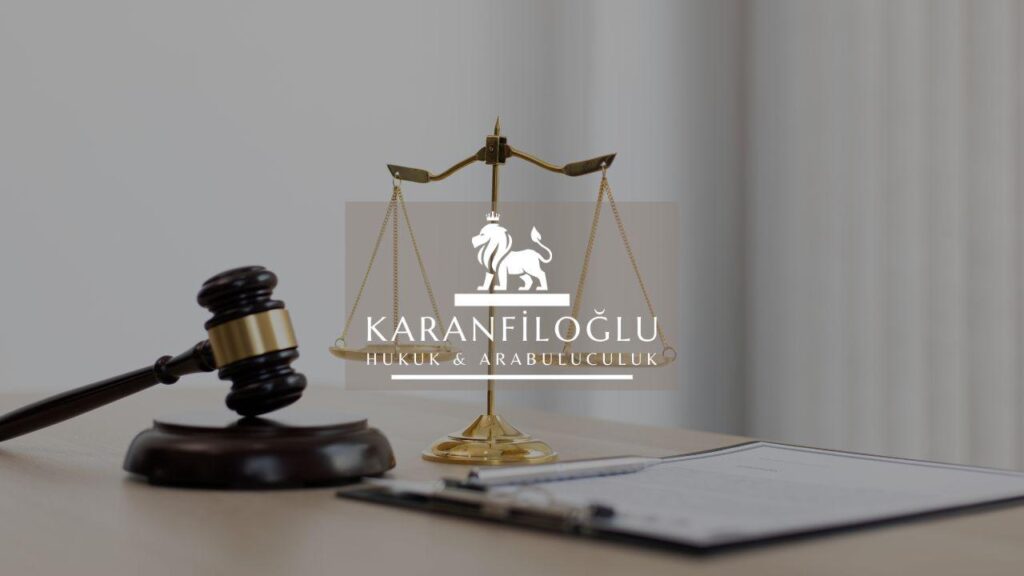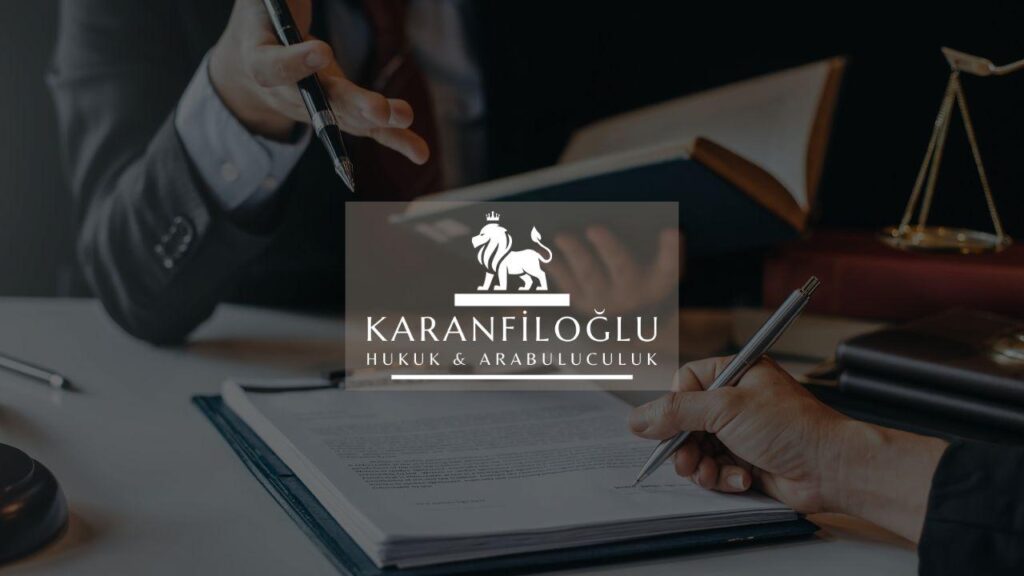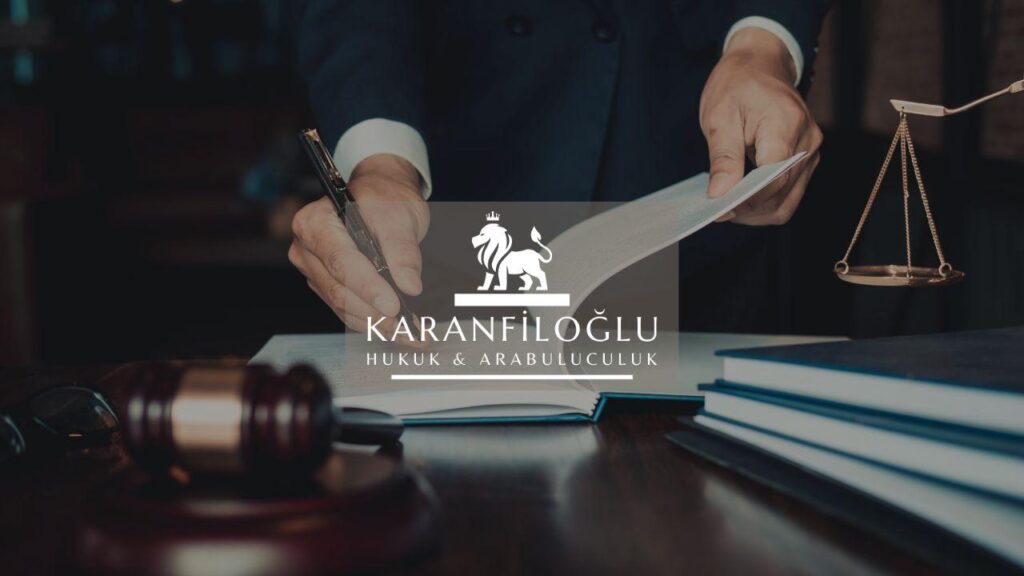Navigating the complexities of labor laws in Turkey can be challenging, but understanding the necessary steps to file a labor dispute complaint is crucial for protecting your rights as an employee. Under Turkish Labor Law (Law No. 4857), employees have the right to address grievances related to wrongful termination, unpaid wages, or workplace discrimination through a clearly defined legal process. Initial steps often include submitting a complaint to the Labor Inspectorate within the Ministry of Labor and Social Security, as per Article 18 of Law No. 4857. If informal resolutions are not achieved, proceeding to mediation, which is mandatory under Article 3 of the Law on Mediation in Civil Disputes (Law No. 6325), is the next required step. At Karanfiloglu Law Office, our experienced legal team is adept at guiding clients through these procedures, ensuring their rights are upheld every step of the way.
Understanding the Labor Law Framework in Turkey
Understanding the labor law framework in Turkey is essential for both employers and employees to ensure compliance and protect their respective rights. The primary legislation governing labor relations in Turkey is the Turkish Labor Law (Law No. 4857), which outlines the obligations and rights of employers and employees, including provisions related to employment contracts, working hours, and termination procedures. Additionally, the law mandates equal treatment of employees and prohibits workplace discrimination under Article 5. The legal framework also incorporates the Social Insurance and General Health Insurance Law (Law No. 5510) and the Occupational Health and Safety Law (Law No. 6331), ensuring comprehensive coverage of social security and safety standards for workers. With such an extensive array of regulations, having a clear understanding of these laws is crucial for addressing and resolving any labor disputes effectively.
A critical component of the labor law framework in Turkey is the provision for various types of employment contracts, as detailed in Articles 8 to 16 of Law No. 4857. These articles outline different forms of employment, including indefinite duration, definite duration, part-time, and on-call work contracts, each with its specific set of rules and protections. For instance, indefinite duration contracts offer greater job security and are the default type of employment unless otherwise specified. Meanwhile, definite duration contracts—often used for temporary or project-based work—have distinct stipulations regarding renewal and termination. Complying with these contractual requirements is vital, as improper classification or mismanagement can lead to legal disputes. Furthermore, Article 32 mandates that employees must be paid in full and on time, with clear guidelines outlining wage payment intervals and methods. Understanding these contractual nuances is essential for both employers and employees to maintain lawful and harmonious working relationships.
In addition to the regulations surrounding employment contracts, the Turkish Labor Law also sets stringent guidelines for termination and dismissal procedures to safeguard employee rights. According to Article 19 of Law No. 4857, employers are required to provide a valid reason for terminating an indefinite duration employment contract. Reasons for termination must be related to the employee’s performance, behavior, or operational requirements of the business. Employers must serve a written notice, and in cases of wrongful termination, the employee has the right to file a complaint within one month, as per Article 20. Severance pay and notice periods are also regulated, with specific requirements based on the duration of employment outlined in Articles 17 and 24. In instances where termination disputes arise, both parties are encouraged to resolve issues through mediation before proceeding to workplace courts, ensuring a balanced approach to conflict resolution. By adhering to these legal requirements, both employers and employees can navigate termination processes more transparently and fairly.
Essential Documentation for Filing a Labor Dispute
Essential documentation is a cornerstone when filing a labor dispute in Turkey. Gathering all necessary paperwork ensures that your case is processed smoothly and efficiently. Employees must present a written application detailing the dispute, which includes personal identification documents and proof of employment, such as contracts or payslips. Relevant communications, including emails or letters discussing the dispute and any formal warnings or termination notices, are also crucial. Additionally, under Article 75 of the Turkish Labor Law, personnel files containing performance reviews, attendance records, and any other employment records should be submitted. The documentation should comprehensively illustrate the nature of the grievance, making it easier for legal professionals and mediators to assess the validity of the case. At Karanfiloglu Law Office, we assist clients in thoroughly preparing their documentation to form a solid foundation for any labor dispute complaint.
Another critical component involves gathering evidence of financial transactions between the employee and employer. Bank statements reflecting the payment of wages, bonuses, or severance can strongly support claims related to unpaid dues or wage discrepancies. Under Article 8 of the Income Tax Law No. 193, these financial records are essential for establishing the financial obligations and transactions that took place during the term of employment. Additionally, any documentation related to social security contributions, such as receipts or records from the Social Security Institution (SGK), can further substantiate your claims. For disputes involving working hours, employees should provide timesheets, overtime records, and any relevant attendance logs. Ensuring that all these documents are accurately collected and organized not only aids in presenting a convincing case but also enhances the chances of a successful resolution. At Karanfiloglu Law Office, we meticulously guide our clients in assembling and verifying these financial records to maximize the strength of their labor dispute case.
Correctly filing and presenting health and safety documentation can also be pivotal, especially in cases involving workplace accidents or unsafe conditions. Under Article 77 of the Turkish Labor Law, employers are obligated to ensure workplace safety and employee health. Evidence such as safety incident reports, medical records, and witness statements can significantly contribute to the robustness of your case. Photographs or video evidence of hazardous conditions in the workplace can further corroborate claims of negligence or unsafe practices. Additionally, any correspondence with workplace health and safety representatives or participation in safety training sessions may provide crucial insights into the employer’s compliance with legal health and safety obligations. At Karanfiloglu Law Office, our attorneys are skilled in identifying and compiling the necessary health and safety documentation to fortify your labor dispute complaint effectively.
Navigating the Complaint Process: From Filing to Resolution
After an initial complaint is filed with the Labor Inspectorate, as mandated by Article 18 of Law No. 4857, employees must be prepared for an investigation process. The Labor Inspectorate, part of the Ministry of Labor and Social Security, will review the complaint, conduct workplace inspections if necessary, and gather evidence to substantiate the claims. This initial phase is crucial, as documented findings and recommendations by the inspectors can heavily influence the resolution of the dispute. If the inspector’s findings confirm the employee’s allegations, this can serve as a compelling basis for further legal action or negotiations. Throughout this process, having legal counsel, such as the experienced team at Karanfiloglu Law Office, can be instrumental in ensuring that all procedural requirements are met and that the employee’s case is presented effectively.
If the Labor Inspectorate’s investigation results are inconclusive or unsatisfactory, the next step is to pursue mandatory mediation under Article 3 of the Law on Mediation in Civil Disputes (Law No. 6325). Mediation serves as a structured platform for both parties to negotiate a resolution with the assistance of a neutral third party. This process is not only a legal requirement but also an opportunity to resolve disputes efficiently and amicably, without the time and financial costs associated with court litigation. At Karanfiloglu Law Office, our attorneys are skilled in representing clients throughout mediation sessions, ensuring their rights and interests are robustly defended. Should mediation fail to result in an agreement, employees can then escalate their complaint to the labor courts, compelling a judicial review of the dispute under the relevant provisions of Turkish Labor Law.
If a resolution cannot be achieved through mediation, the final recourse is to file a lawsuit at the labor courts. According to Article 20 of Law No. 4857, employees must initiate this court action within one month of the mediation’s failure. The labor courts will conduct a thorough examination of the case, including the evidence collected during the Labor Inspectorate’s investigation and any agreements proposed during mediation. The court may call witnesses, request further documentation, and hold hearings to ensure a fair and comprehensive evaluation of the dispute. In rendering its decision, the court will consider all relevant laws and precedents, ultimately providing a binding judgment. Throughout this judicial process, the expertise of Karanfiloglu Law Office can be invaluable, offering professional representation and ensuring that employees’ rights are rigorously protected until a just resolution is achieved.
Disclaimer: This article is for general informational purposes only and you are strongly advised to consult a legal professional to evaluate your personal situation. No liability is accepted that may arise from the use of the information in this article.







